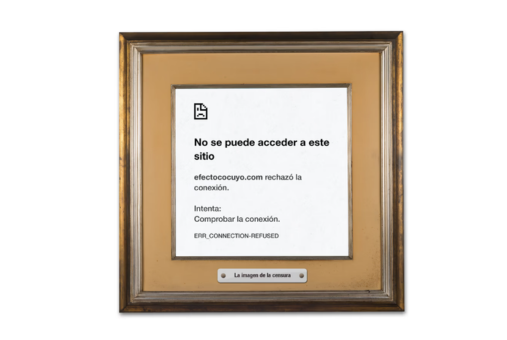
Following its line of innovation, Venezuelan independent news outlet Efecto Cocuyo launches a collection of NFTs, an element of blockchain technology, to raise funds and denounce the digital censorship suffered in Venezuela. The collection contains 489 images that represent the days that the news outlet has been blocked in their country.

Grupo Fórmula in Mexico, the regime of Nicolás Maduro in Venezuela and the School of Arts and Letters of the Universidad Nacional Mayor de San Marcos in Peru have recently created female TV anchors using artificial intelligence. LatAm Journalism Review (LJR) looks behind-the-scenes at each initiative and talks to their creators.
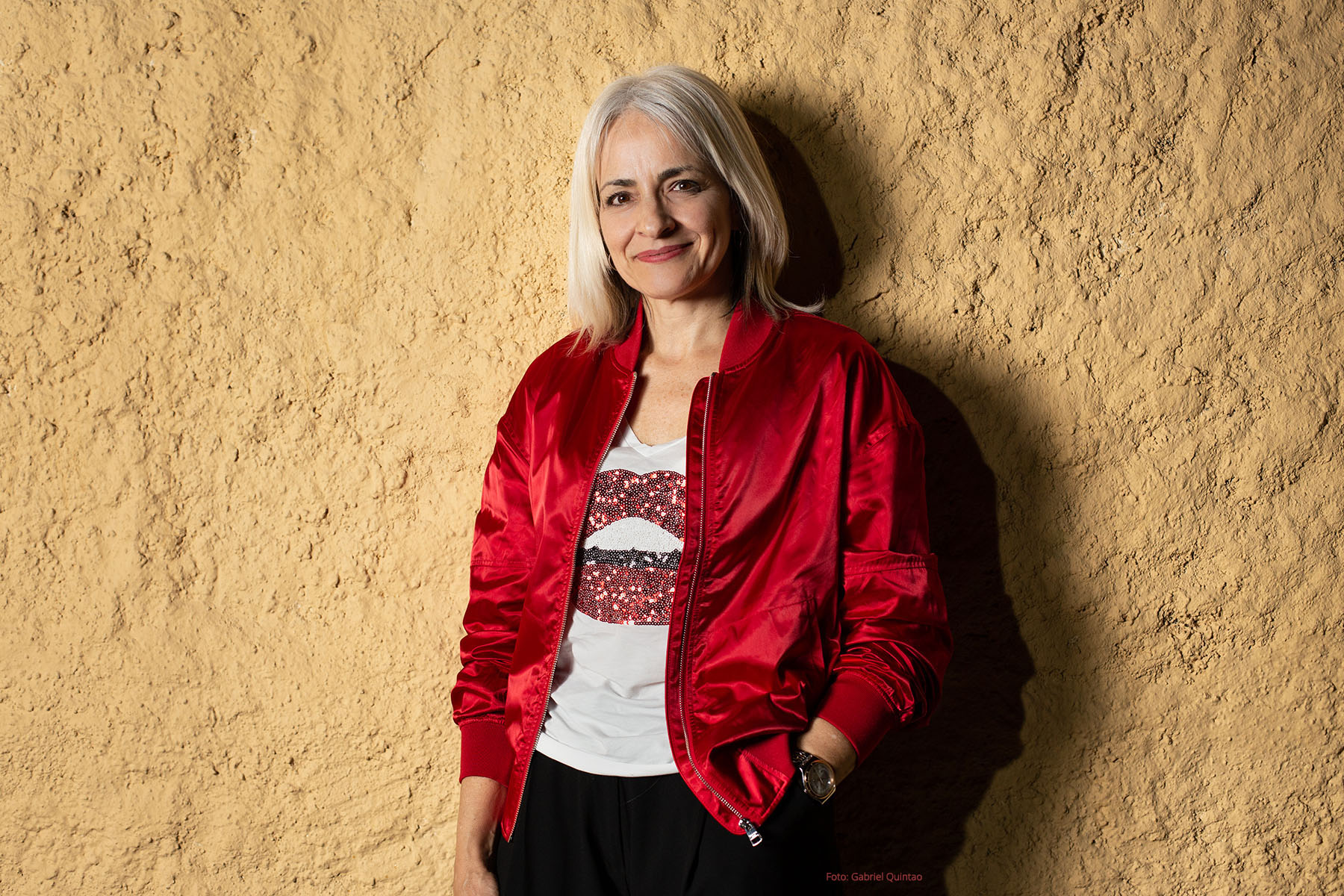
"Today the quality of information is a collective endeavor among sources, readers, informants, and journalists," said media researcher Adriana Amado. LatAm Journalism Review interviewed her about her book "Journalism metaphors: Mutations and challenges," an investigation and reframing of concepts like "mutant journalism" and "gamer culture."
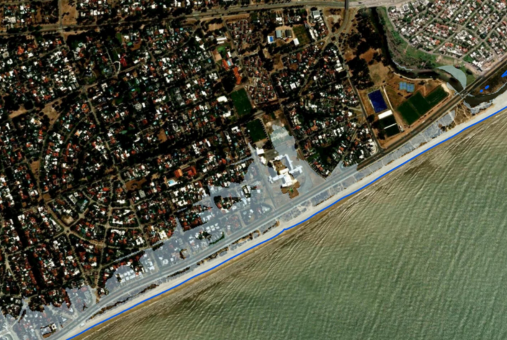
For the first time in Uruguay, a team of scientists and journalists analyzed different databases on the flood line and its impact on the population and relevant infrastructure along the coast of Montevideo. The result was "The submerged city," winner of the 2023 Sigma Awards that celebrate the best data journalism in the world.
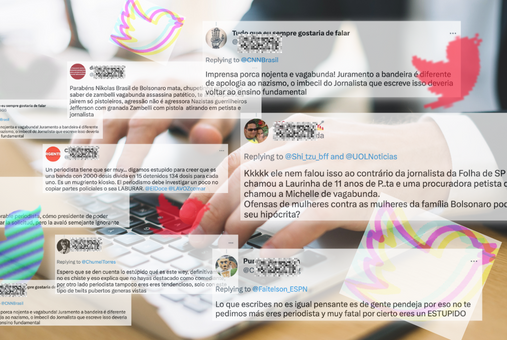
"Attack Detector" is a natural language processing model developed by members of Abraji and Data Crítica in order to explore the origin of violent narratives on Twitter against journalists in Brazil and Mexico, countries where such attacks are on the rise.
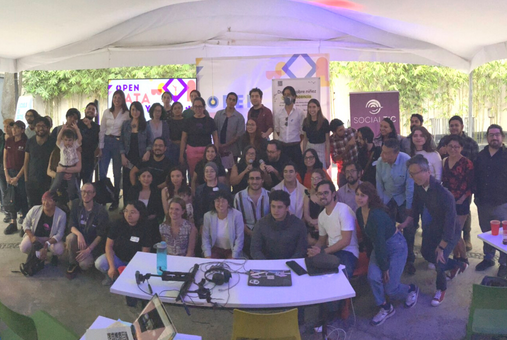
LatAm Journalism Review (LJR) made a compilation of data-driven projects presented this year at the Open Data Day celebrated by the Mexican organization Social Tic. It also talked to some of the creators of these initiatives about the journalistic benefits of open data.

Through crowdsourcing, data journalism and community outreach, the fact-checking and data unit of the Cuban media elTOQUE developed "Migrating: A life and death decision," a multimedia special that seeks to collect data on the Cuban exodus to the United States and provide support to the families of those who died or disappeared along the way.

The media and journalists in Latin America have not missed the opportunity to join the wave of sending newsletters to create community, establish an intimate relationship with readers and make extra money. Newsletters have become the center of the digital strategy of several news outlets in the region.

Journalists in Latin America have found in true crime podcasts an ideal platform for bringing investigative reporting on real crime to new audiences. However, journalists still face major challenges in terms of distribution and monetization.

Faced with the racial and cultural biases that exist in artificial intelligence tools, journalists from Grupo Octubre (Argentina), El Surtidor (Paraguay) and GMA News (Philippines) created Image2Text, a computer vision platform that seeks to add context from the Global South to image recognition technology.